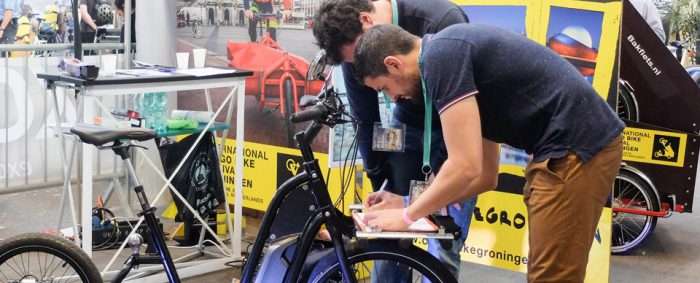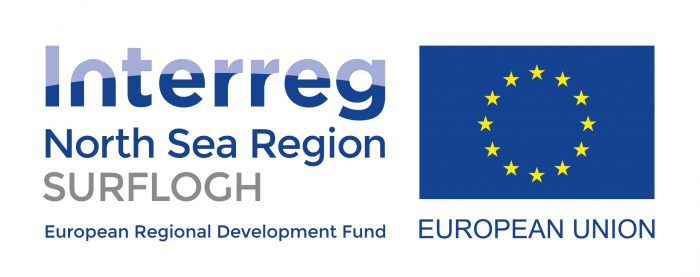Edinburgh Napier University & the South East of Scotland Transport Partnership (SEStran) through the SURFLOGH project have been examining the provision of urban sustainable logistics such as sustainable last/first mile solutions, consolidation depots, locker systems, mobile consolidation options served by cycle logistics, drones, automated vehicles and electric vans.
Smaller volume and shorter-distance freight movements are growing, driven by the macro online/internet shopping trend are an increasingly important component of the logistics mix, an importance that has only been heightened by the Covid-19 pandemic and resultant lockdown. If the main transport mechanism for the ‘urban’ logistics movements remains HGVs and the ‘white van’ powered by an internal combustion engine (ICE) then as the volume of business grows the negative externalities (congestion & emissions) will also grow.
SURFLOGH aims to improve the role of logistics hubs in the network of urban logistics through connecting long-distance freight transport and last-mile distribution in strategically located urban freight centres.
The SURFLOGH project involves six partners:
Province of Drenthe – Netherlands (Lead Partner)
City of Groningen – Netherlands
City of Borås – Sweden
City of Mechelen – Belgium
SEStran – Scotland
Edinburgh Napier University Transport Research Institute – Scotland
Phase One:
The project will provide the partners with best practices regarding the development of urban freight hubs in cities, the successful introduction of zero-emission vehicles for last-mile transport and innovative strategies for cooperation in the logistics chain.
The partners will address the shared challenges of the uptake of green transport solutions in regional freight and the need for positive business cases in green freight transport solutions in urban areas.
SEStran are leading on a work package along with Edinburgh Napier University Transport Research Institute (TRI), for urban freight hubs. Our business models will focus on the scalability and applicability of models for different locations and circumstances. Practical lessons and insights from this work can be found on the project website as a series of case studies.
SEStran are also working with ZEDIFY Logistics to design an e-cargo bike last-mile delivery pilot in the City of Edinburgh.

Phase Two:
The next stage of SURFLOGH will look at combining the first phase outputs based on the project pilots and research, building on ideas of consolidation centres, locker systems, delivery vehicles and locally/community-focused networks and linking up local businesses with a wider community-focused clientele, and local government with the ability to offer a range of local produce combined with ‘out of area goods’ consolidated and delivered in one package.
The development site at Perth West will be used as a location for this work, stage one for Perth West includes a mobility hub unlocking an active travel programme, alongside mobility as a service options and a last mile delivery centre, all connected to a smart energy network. This will be Scotland’s 1st green, city ‘living lab’.

